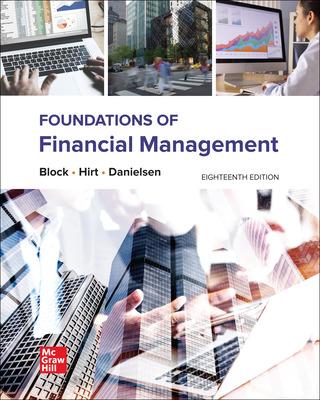Although paying cash dividends and stock repurchases results in the P/E ratio being unchanged, why might stockholders prefer stock repurchase over cash dividends? Cash is king, so they never prefer stock repurchase over cash dividends, Share repurchase is preferred because only those shareholders who wish to sell will do so, giving the shareholder a tax timing option that he or she doesn't get with a dividend payment. It is more fun to sell stock than to get a dividend. Dividends are for nerds. Give me the money for the stock. Jerri currently owns 200 shares of Alpha stock. Each share is currently worth $36. What will Jerri's investment in Alpha be worth AFTER the company declares a 5-for -3 stock split? $9, 6000. $9, 640. $7, 200. $5, 400. In a reverse stock split: The stock price rises. The stock price falls. The stock price stays the same. All of the other answers above are correct. Pay As You Go, Inc, uses a residual dividend policy. It wants to maintain its current D/E ratio of D/E = I. Pay As You Go has $6,000,000 of great potential positive NPV projects that it wants to find. It has net income of $3, 200,000. What is Pay As You Go's residual dividend payment? $0 $100,000 $2000,000 $2, 500,000 Signaling occurs in changes in dividends and in changes in stock repurchase plans. Which is likely to be viewed as a bad signal likely causing a decline in the share price? An expected increase in a cash dividend. An announcement of a plan to repurchase $10 millions worth of shares by a firm. An unexpected increase in the cash, dividend. An announcement that the cash dividend will not change, but people though it would increase. Boards of Directors determine dividends. For a number of years, the dividends of automakers tended to go up and down with the automobile business, giving some portion of net income back to shareholders. Which of the following "dividend policies" captures their actions? Residual dividend policy. Constant growth dividend policy, Consent payout dividend policy. Compromise dividend policy. Studies of stock splits such as Fama, Fischer. Jensen, and Roll (the first financial event study) finds all of the following EXCEPT: Stock prices rise in the period before the stock split. Stock prices (adjusted for the number of stocks) are flat after the split. Stock prices jump up on the date that the stock split takes effect. Stock prices of splitting stocks tended to rise for those that also increased dividends and fall for those that reduced dividend







